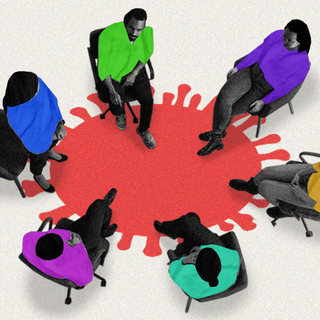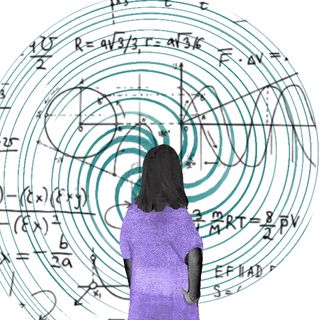“The Earth is flat, and aliens are currently scouring it.” Is that a statement you’d believe, especially if we told you most netizens do think there’s some merit to it? According to a new study, most people probably would.
Published in the journal OpenMind, the study endeavored to understand the extent to which people rely on social information to inform their beliefs. Through a set of two online experiments, the researchers set out to survey the approach of 600 adults in the U.S. to 30 different beliefs circulating online — including the notions of vaccines causing autism, humans and dinosaurs having coexisted on the Earth, people in positions of power having planned the “release of the Covid19 virus,” and Bill Gates planning to track people through microchips implanted in their bodies during vaccination.
“Our study shows that people are more likely to adopt pseudoscientific and misinformed beliefs when they believe them to be more popular,” noted lead author Evan Orticio from the University of California Berkeley, explaining the findings. “These results have important implications for how highlighting social information with ‘likes’ is more likely to spread fake news… When misinformation gets a lot of likes or retweets, it can give people a very distorted impression of how common that belief actually is — which we now know can affect how believable they find it themselves,” Orticio added.
Related on The Swaddle:
People Are Willing to Excuse Lies, Misinformation That ‘Might’ Come True: Study
In the first leg of the study, the participants were asked to rate — on a scale of 1 to 100 — how believable a specific notion sounded. Then, they were asked to estimate how many people — again, out of 100 — would deem that notion credible. In the second leg, the participants were presented with manipulated data on the popularity of the notions. The results showed that people were likelier to attribute greater merit to a belief if it turned out to be more popular than they had expected it to be — something that Orticio described as a “prediction error.”
“It makes sense for us to care about what other people think, not just to conform, but because we’re looking for reliable sources of information,” Orticio explained. That’s an understandable instinct, perhaps, given that humans are, after all, social creatures. Also, that peer pressure impacts decision-making is something we already know.
However, in the age of social media — which was recently termed an “infodemic” because of how often we find ourselves fending off myths and misinformation — this instinct can spell trouble. Acknowledging that, Orticio stated, “[R]esearch suggests that fake news tends to travel, by some estimates, six times faster than fact-based news on Twitter and other social media platforms… That’s because the algorithms social media platforms use to promote whatever is most engaging or attention-grabbing are often at odds with what is actually true in the world, especially if one is prone to burrow into echo chambers where everyone agrees with you.”




